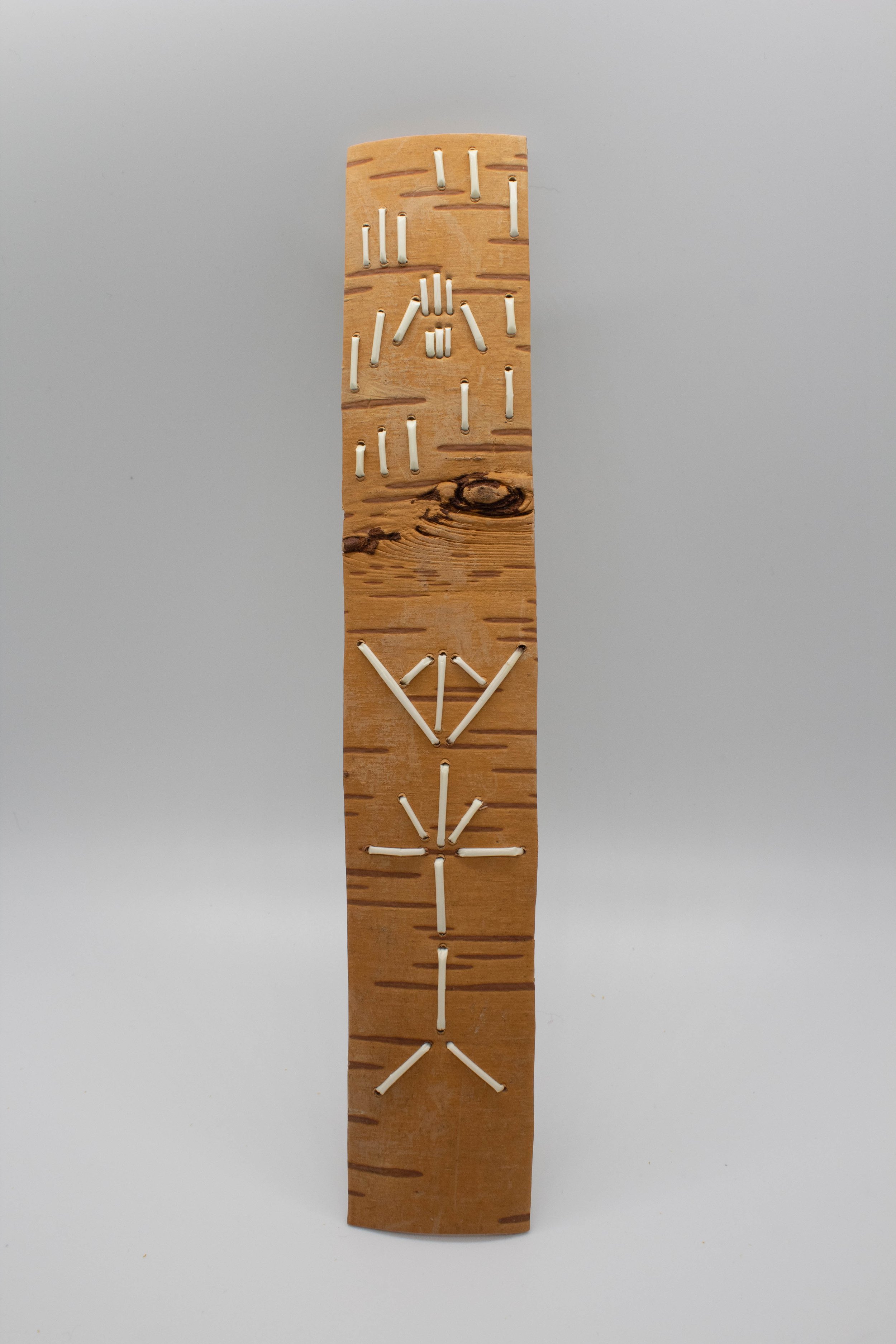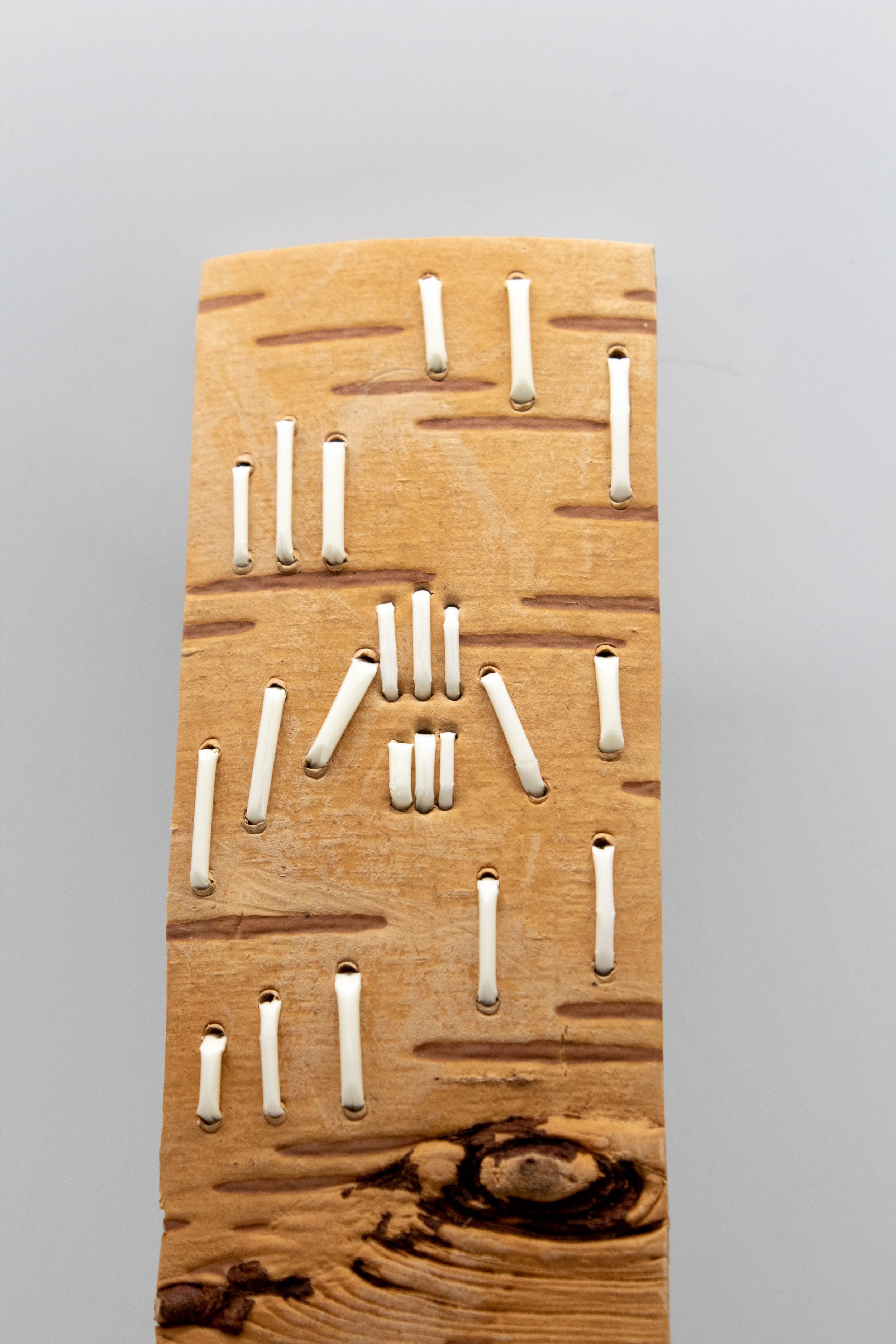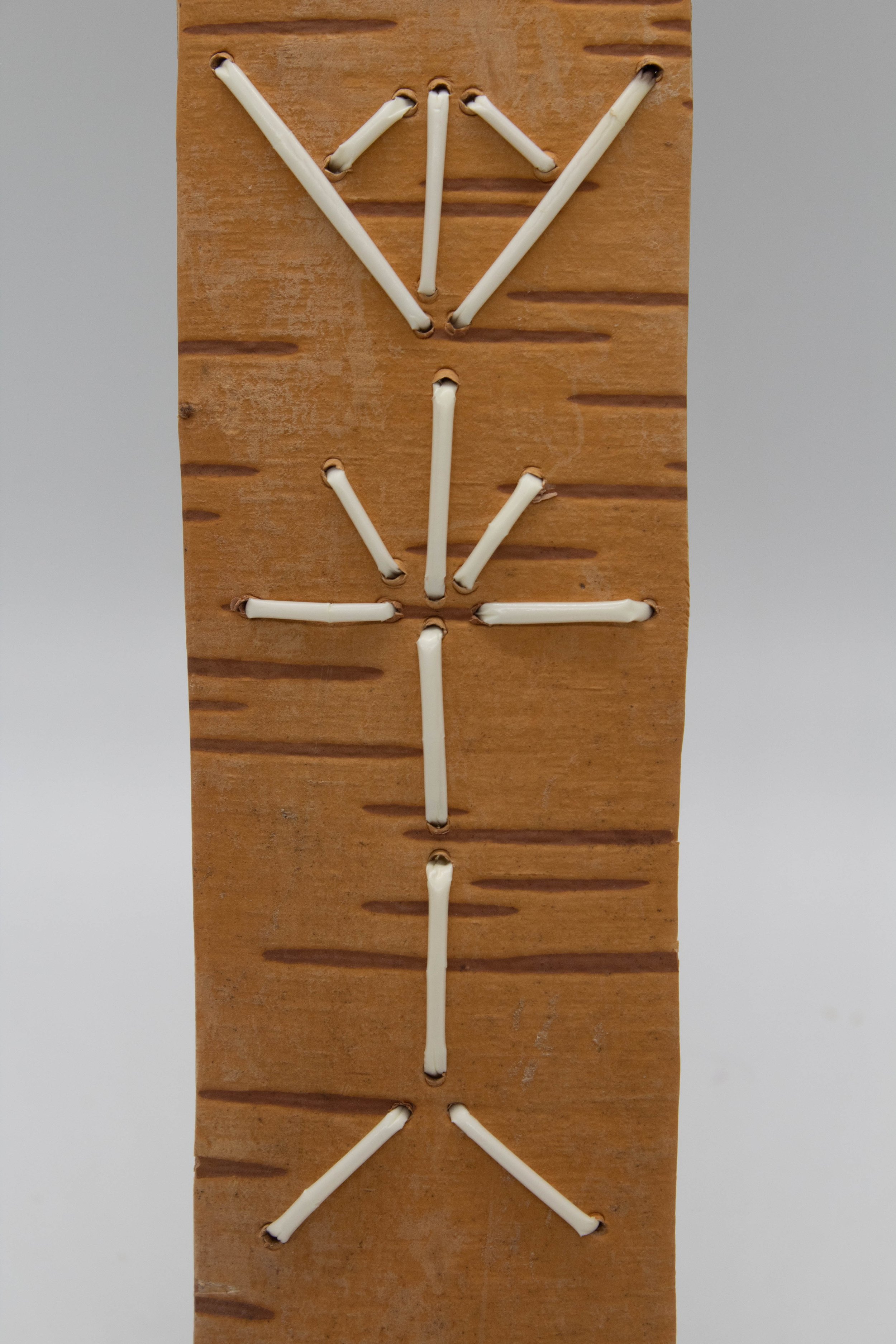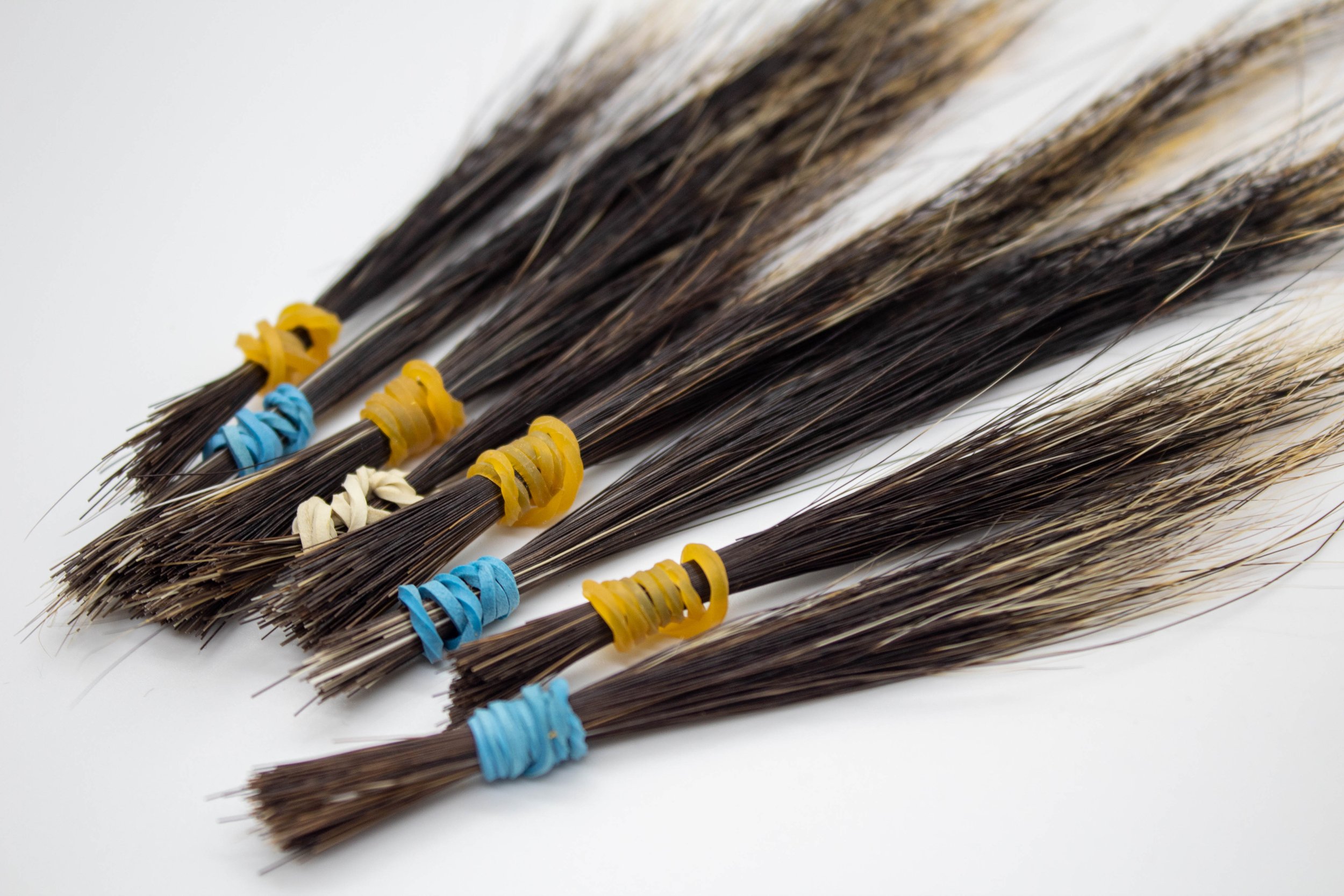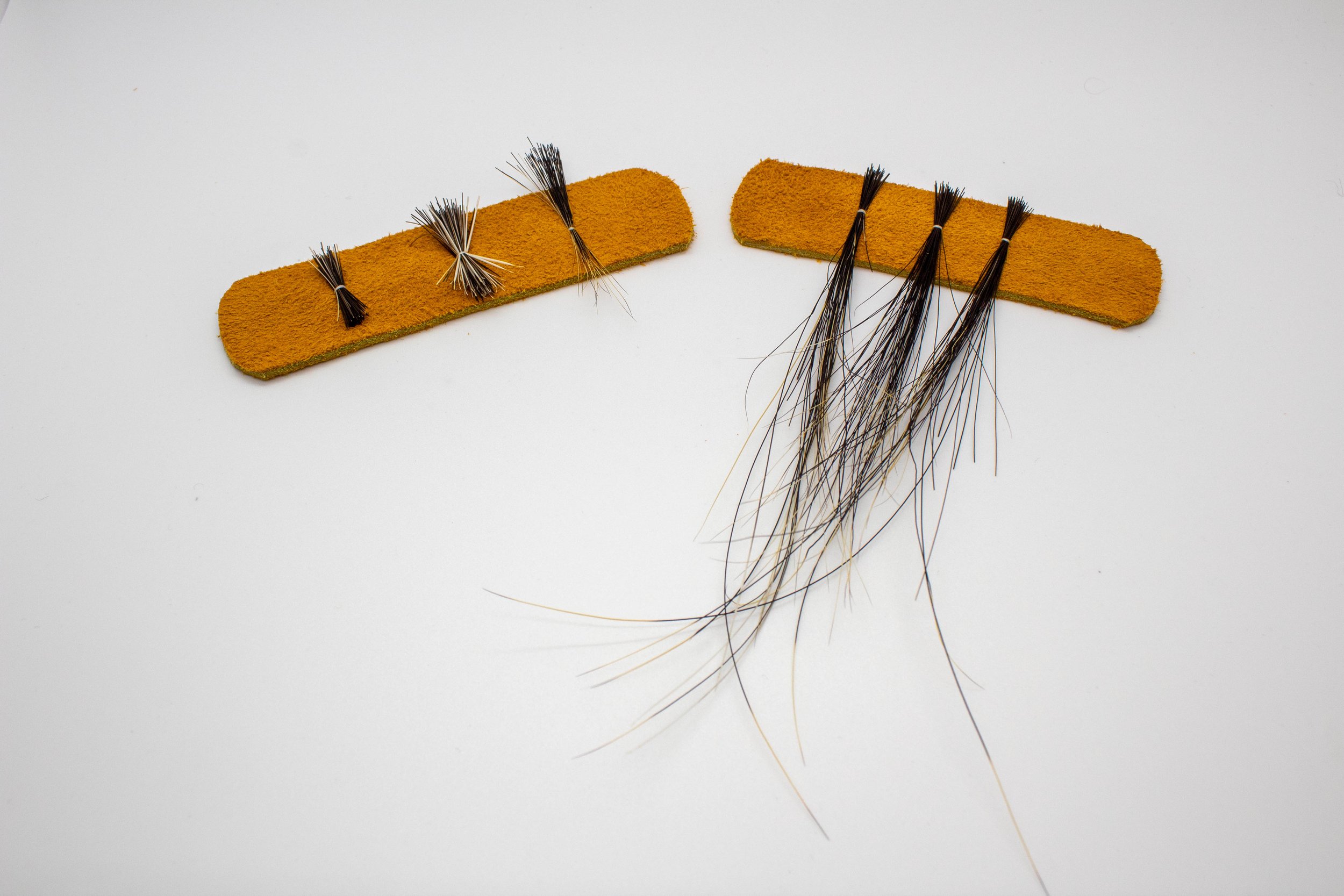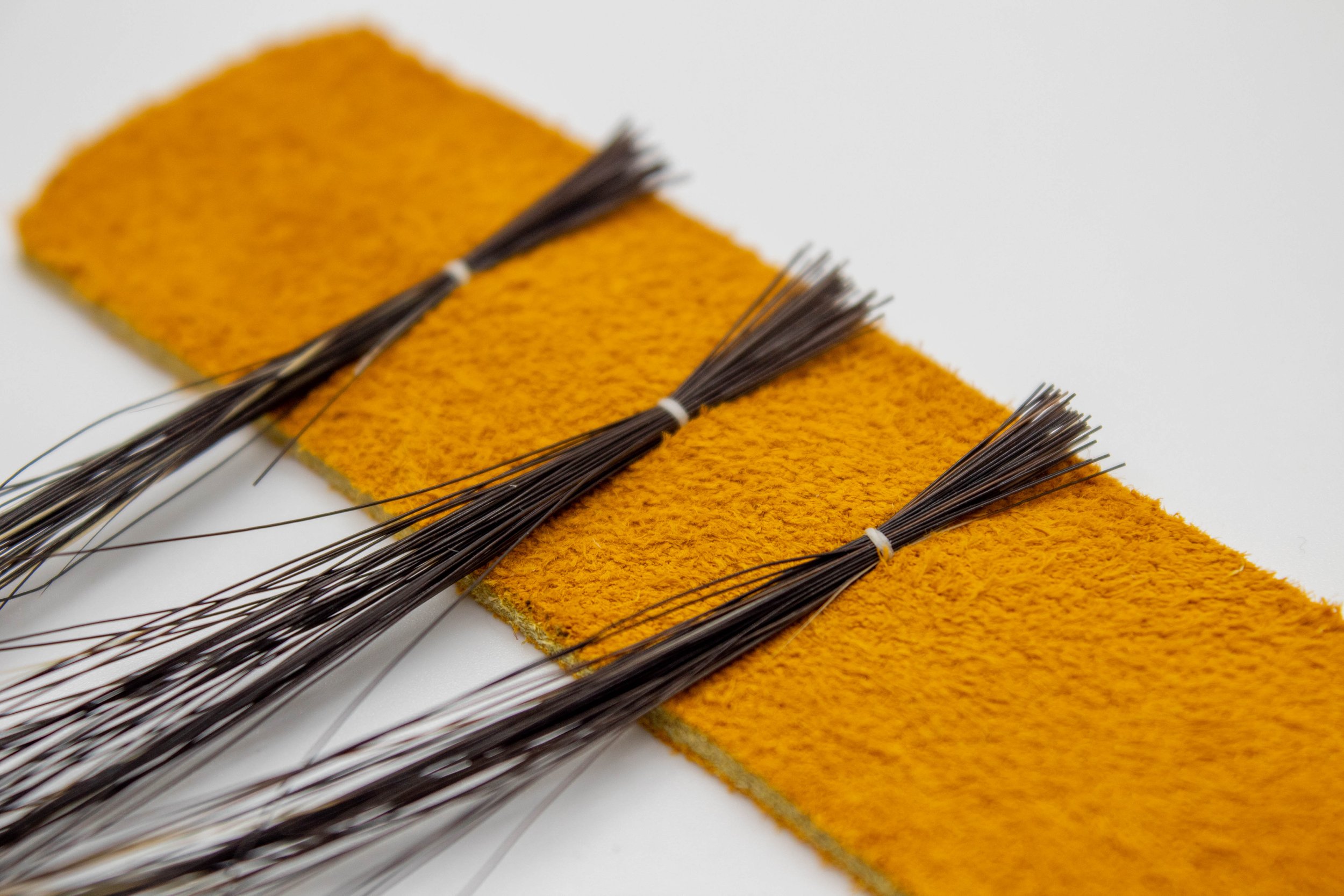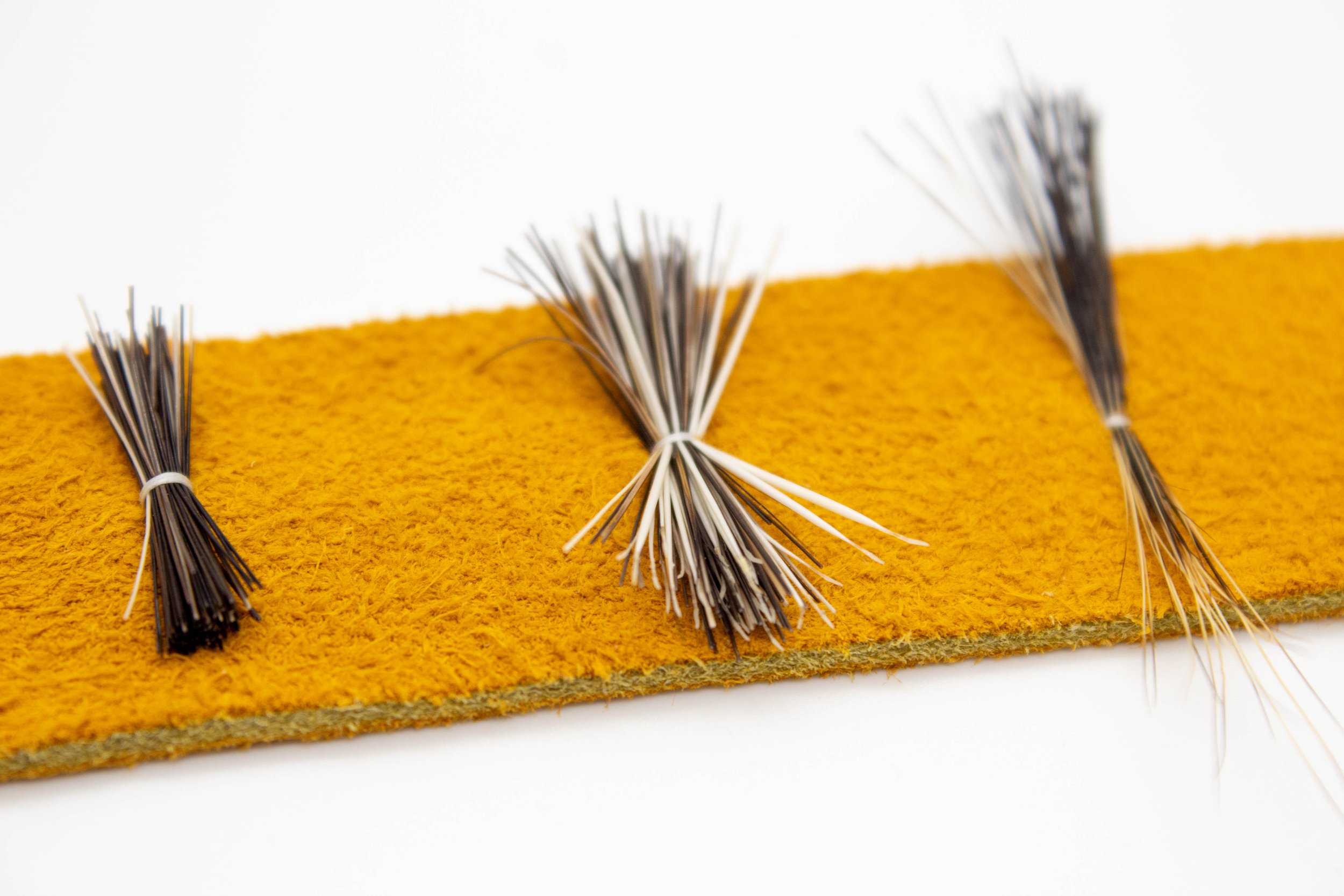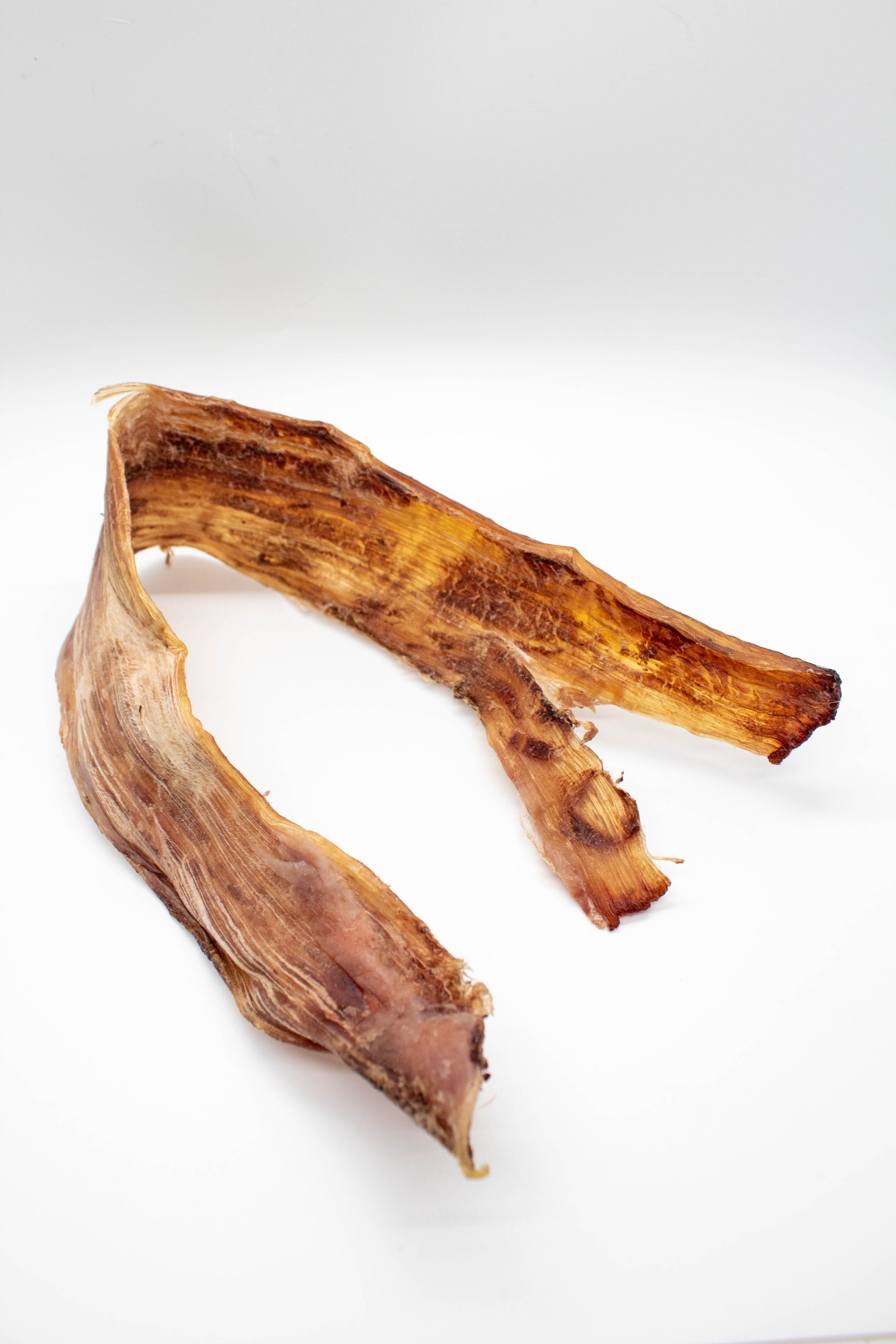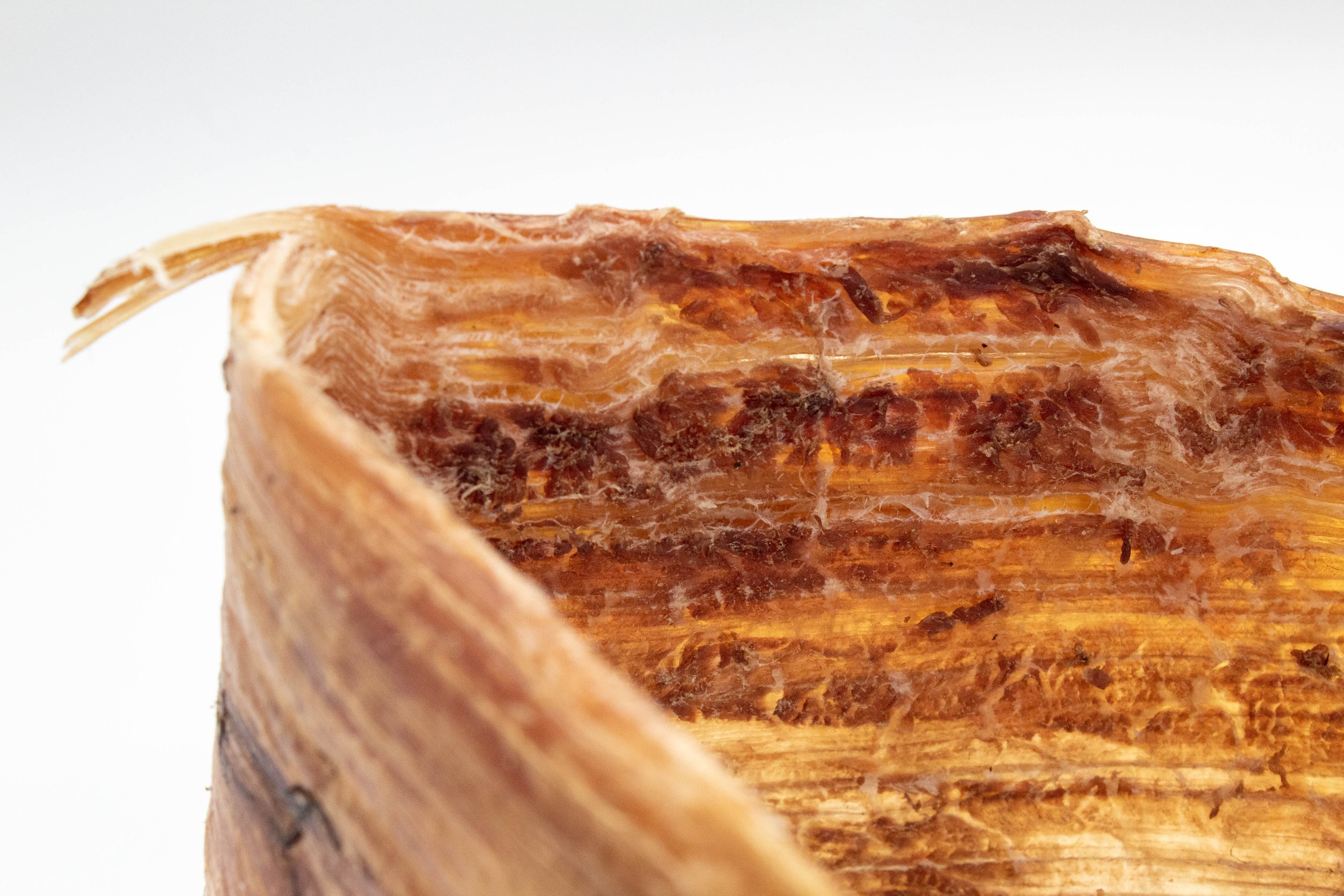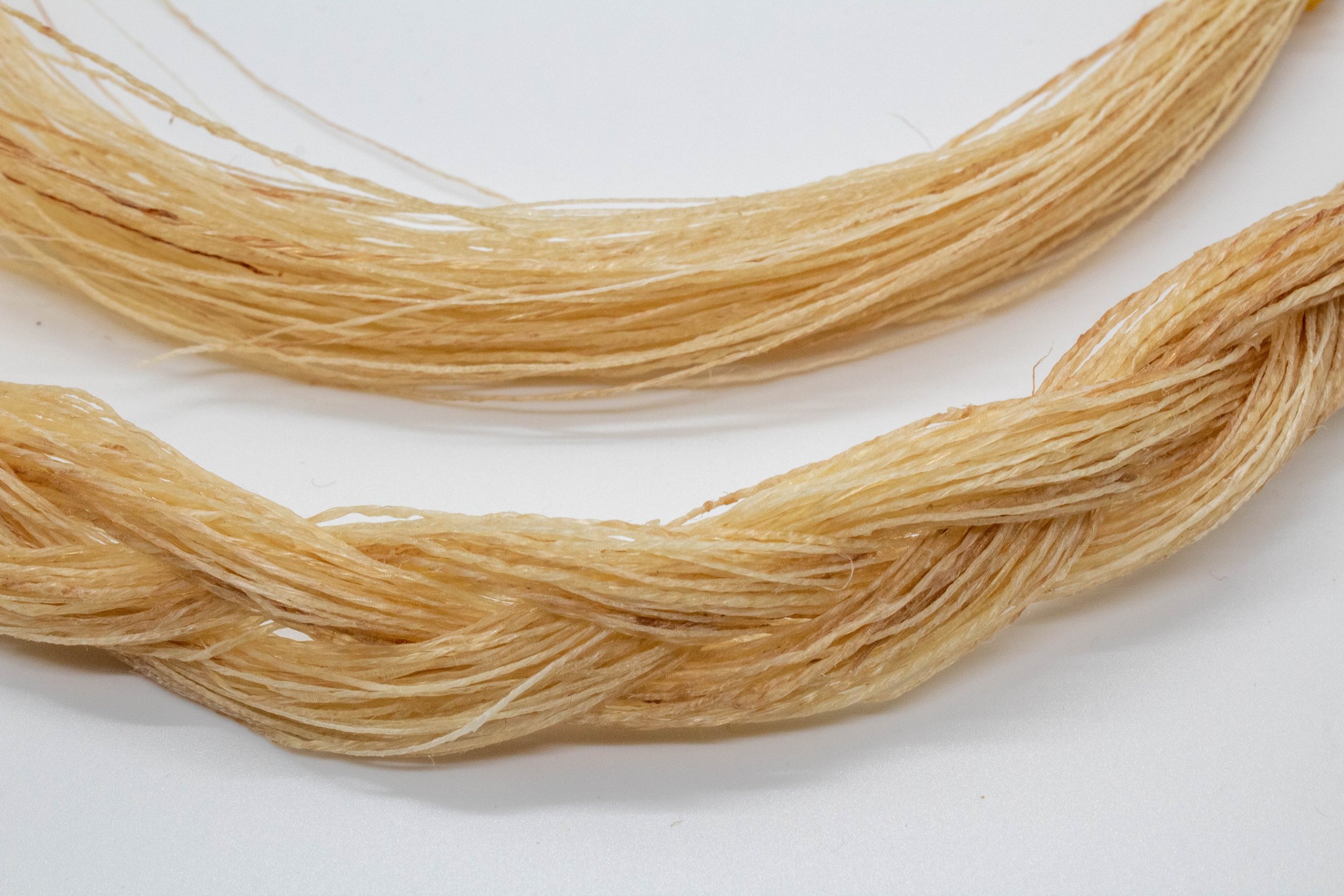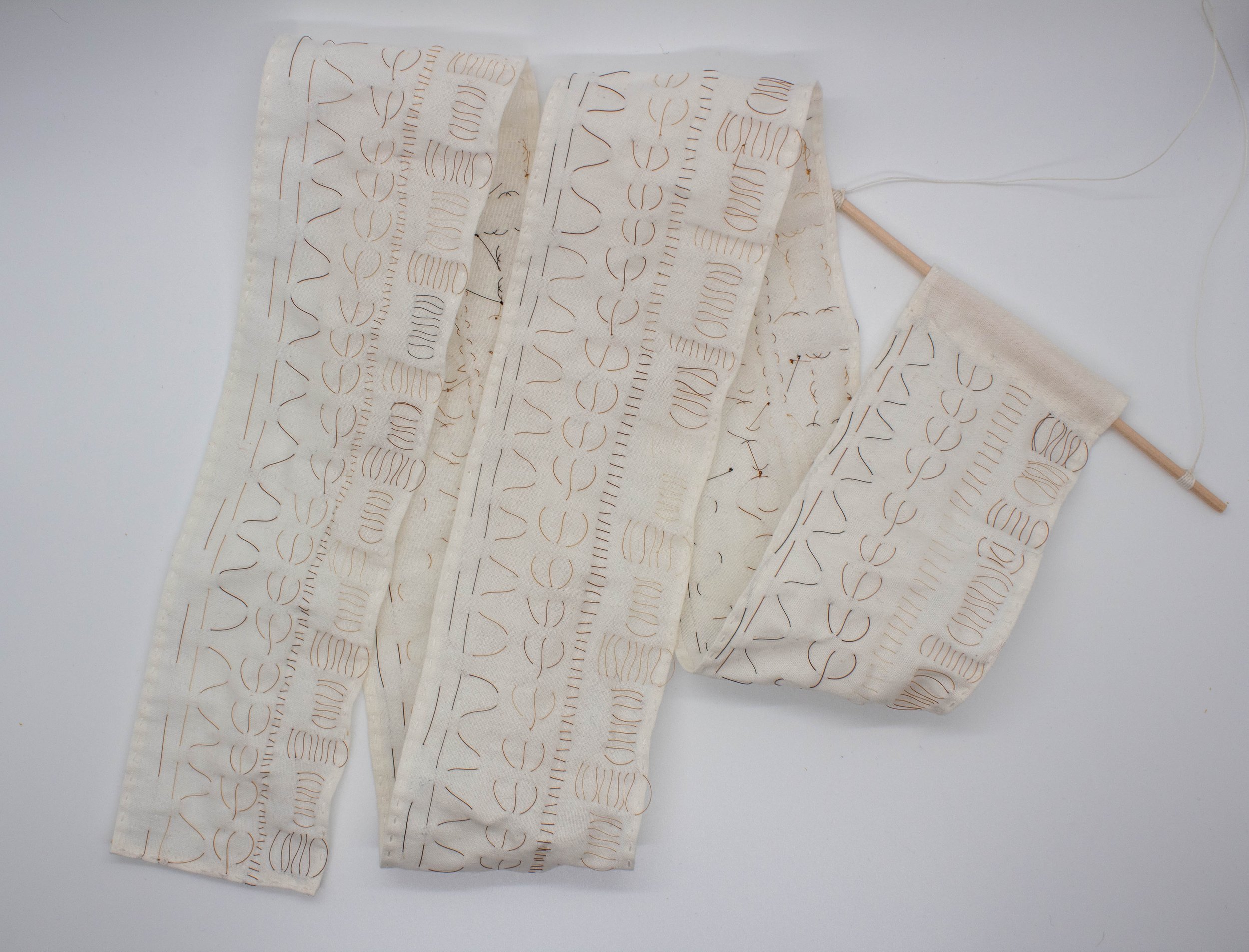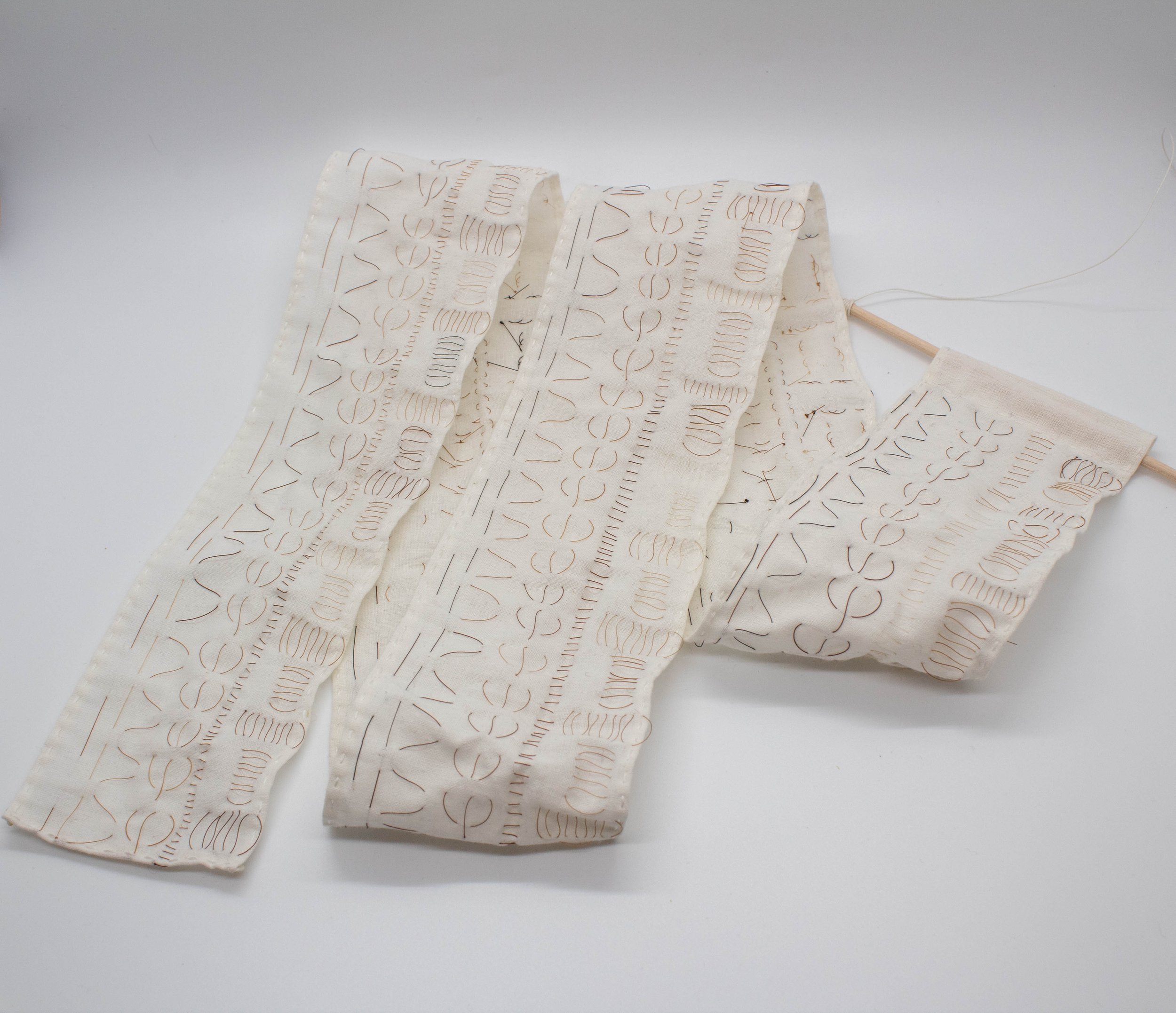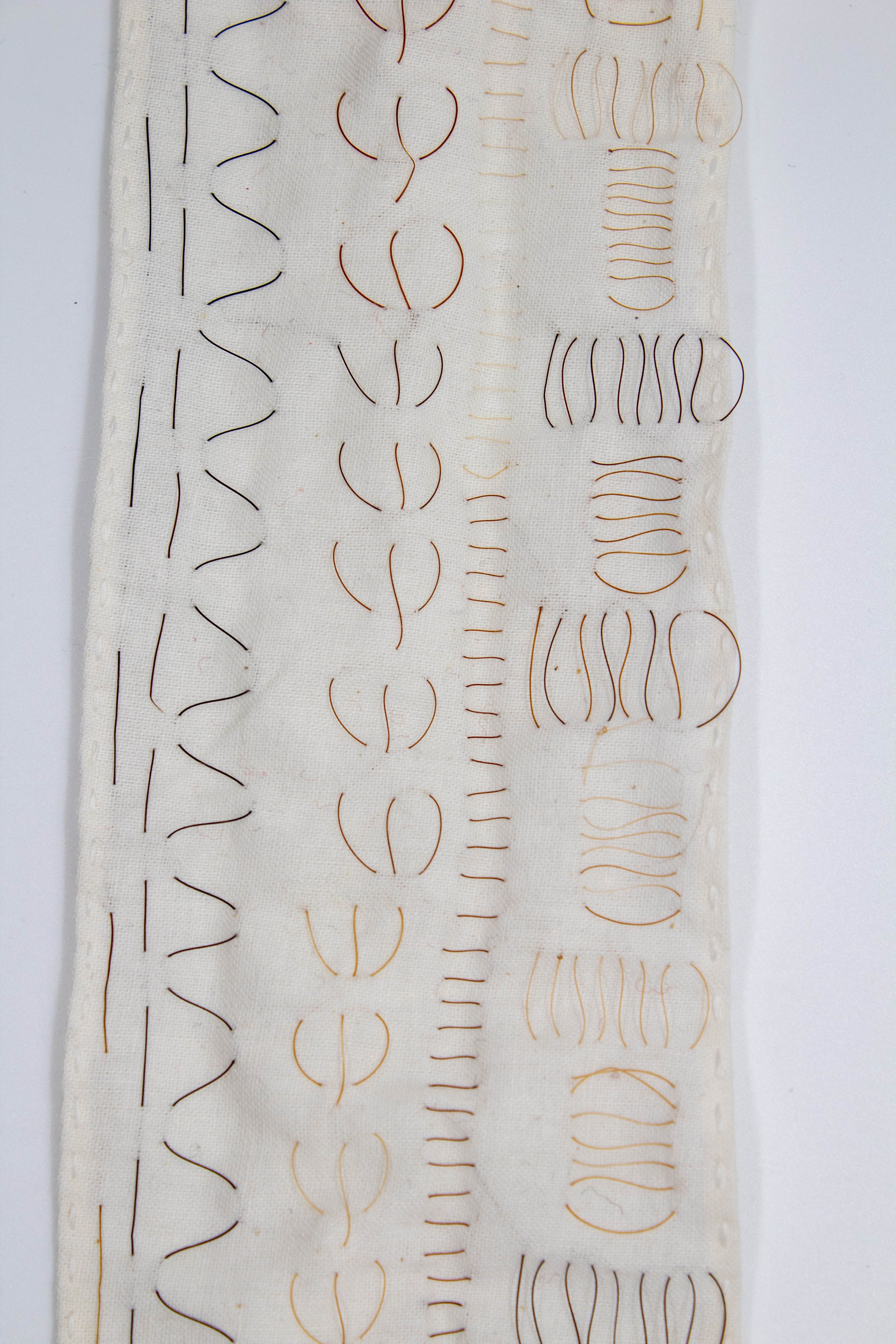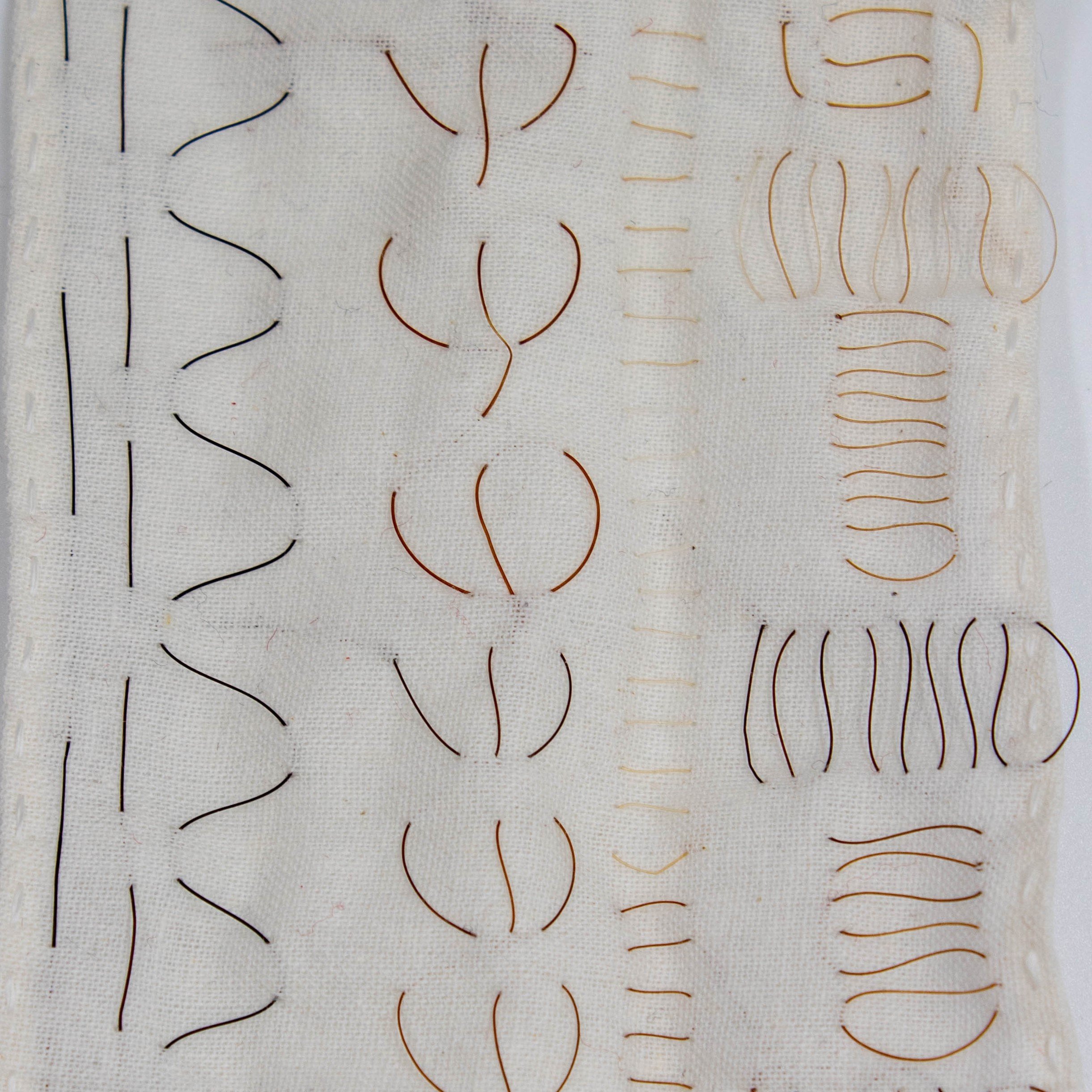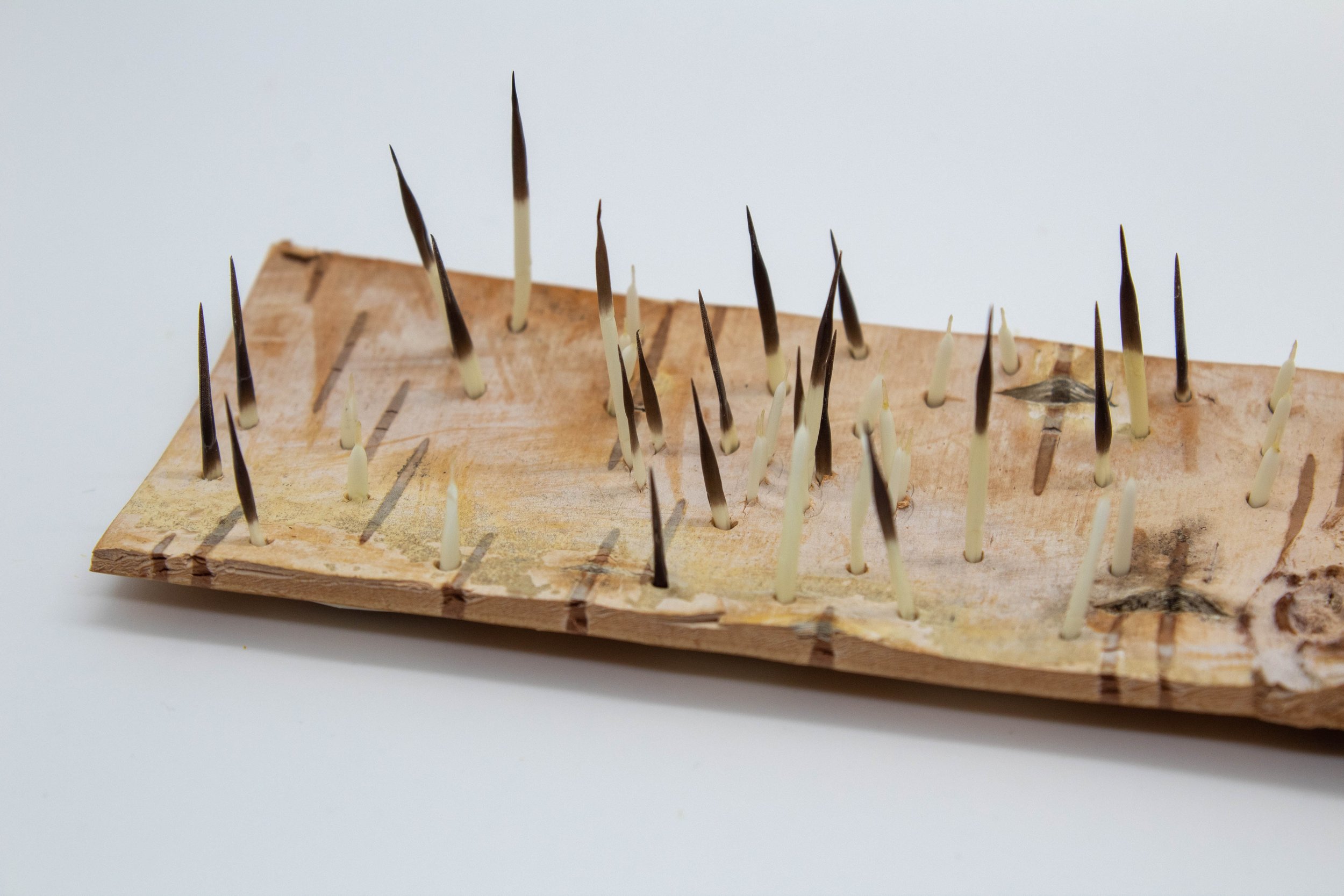
Processing the Old Ways (2020-present)
My mind was reluctant but my hands were confident as they ran along the dinĭik ch’itth’èe, pulling apart each fibre. The smell of łat dinĭik lingered in the air, reminding me of home. I took a small strip of fibre, wet it in my mouth, and bit down on one end. My hands proceeded to roll the fibre in a back-and-forth motion. Each fibre was given attention and care and a thread of ch’itth’èe was created.
Our cultural teachings are not lost, dead, forgotten, or abandoned. They are sleeping, waiting to be awoken. Ch’itth’èe is one of these sleeping materials waiting to be awoken and appreciated. My community of Tthee ts’a niik (Beaver Creek, Yukon) will often refer to processing sleeping materials as the “old ways.” As an artist and researcher, I am interested in reclaiming the old ways.
Indigenous communities, including urban Indigenous, are seeing a rise in the reclamation of tthìixą̀ą’ aktthèe’ ch’ithǜh. There is extreme importance in learning and processing materials that our ancestors once used. The rejuvenation of the old ways is something to be proud of as Indigenous Peoples. Pride in mind, I have dedicated time over the past several months to awakening sleeping materials including dinĭik ch’itth’èe, nuun ch’oh and ch’ixà’, as well as horse ch’ixà’. I pair my research and documentation of these processes with the revitalization of my language – Nee’aaneek (Upper Tanana, Scottie Creek Dialect).
The more I work with sleeping materials, the more I feel connected to my ancestors. Listening to my Grandma telling stories of her parents and grandparents while I am processing ch’itth’èe is a powerful experience that I am very grateful to be having. The reclamation of these old ways is an act of acknowledgement to those that came before and to the cultural knowledge that we must preserve so we can continue to raise a knowledgeable, creative, and proud new generation.
Glossary
Ch’itth’èe (backstrap sinew), Tthìixą̀ą’ (brain), Ch’ixà’ (hair), Ch’ithǜh (hides), Dinĭik (moose), Nuun (porcupine), Ch’oh (quills), Łat (smoke), Aktthèe’ (tan, tanning, tanned)
